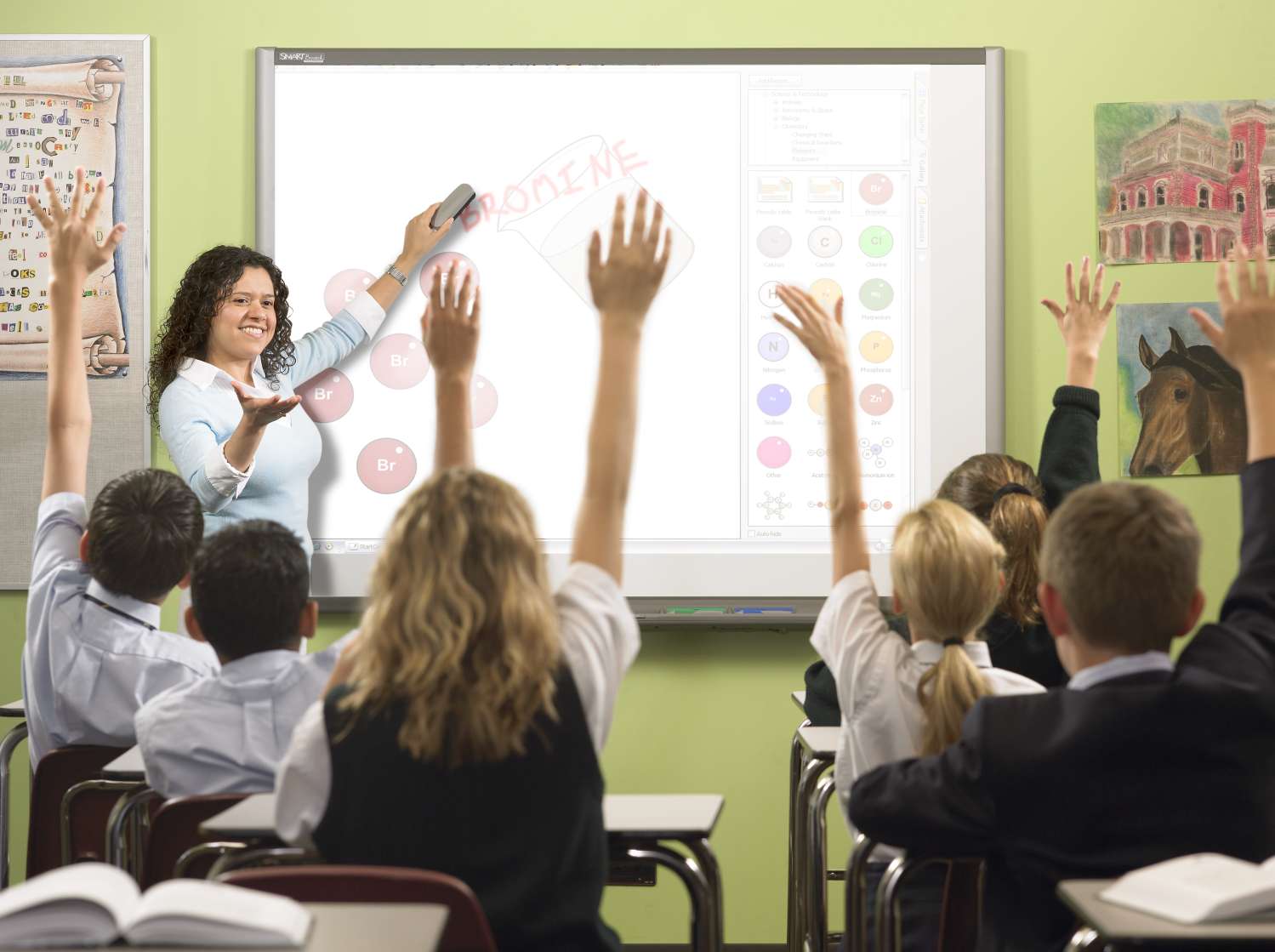Tuesday, April 9, 2013
Learning to Unlearn
Learning to unlearn seems like an impossible task. But doing so is necessary to relearn especially in the field of education. Educators need to be consistent with education and the progression it takes. Which seems to be constant and at a fast pace. LEARN TO UNLEARN LECTURE
Learning to unlearn is basically training your brain to forget prior knowledge to allow your brain to gain new knowledge. Doing this is crucial if the old information and knowledge is going to interfere with when is trying to be learned.
Wednesday, April 3, 2013
Interactive Whiteboards in Today's Classroom
Interactive whiteboards are going to be part of America's education system whether everyone agrees with the idea or not. In fact it has already began its relevance in schools everywhere. The only real problem that these white boards are causing is figuring out whether they are ACTUALLY beneficial to educators and their usage in classrooms. It almost seems as though Americans MAKE it seem beneficial just because it's high tech and "modern" but is that all that education stands for? Not everyone agrees and they are starting to see the Interactive Whiteboard as more of a road block in education.
The first Interactive whiteboard was created in 1991 by SMART. More than 2.3 million interactive whiteboards have been installed in educational settings. Over 2 million of those were installed in primary/secondary classrooms, reaching more than 40 million students and their teachers. With statistics that high you would automatically assume that these whiteboards are having nothing but a positive impact on students and their grades. Many teachers and even some students would agree with that as well, but is that the ONLY reason grades are increasing? In many researches and even in the opinions of educators everywhere the effectiveness of the interactive whiteboards is based on the teachers that are incorporating the boards usage within their class rooms. It's not all about the Interactive whiteboard and what it can do but how teachers use them and the tools that come with it to educate their students.
 On the other hand many teachers and students see the Interactive whiteboards as a pointless piece of technology. In 2010 an article in the Washington Post stated "...the interactive whiteboard -- essentially a giant interactive computer screen that is usurping blackboards in classrooms across America -- locks teachers into a 19th-century lecture style of instruction counter to the more collaborative small-group models that many reformers favor." Later the same article quotes Larry Cuban, education professor emeritus at Stanford University, "There is hardly any research that will show clearly that any interactive whiteboards will improve academic achievement." Overall it seems that the Interactive whiteboards will only have a positive impact on educating and students grades if the teacher is capable of finding ways to use it to its full potential and getting the students fully involved and motivated to learn!
On the other hand many teachers and students see the Interactive whiteboards as a pointless piece of technology. In 2010 an article in the Washington Post stated "...the interactive whiteboard -- essentially a giant interactive computer screen that is usurping blackboards in classrooms across America -- locks teachers into a 19th-century lecture style of instruction counter to the more collaborative small-group models that many reformers favor." Later the same article quotes Larry Cuban, education professor emeritus at Stanford University, "There is hardly any research that will show clearly that any interactive whiteboards will improve academic achievement." Overall it seems that the Interactive whiteboards will only have a positive impact on educating and students grades if the teacher is capable of finding ways to use it to its full potential and getting the students fully involved and motivated to learn!
Subscribe to:
Comments (Atom)
